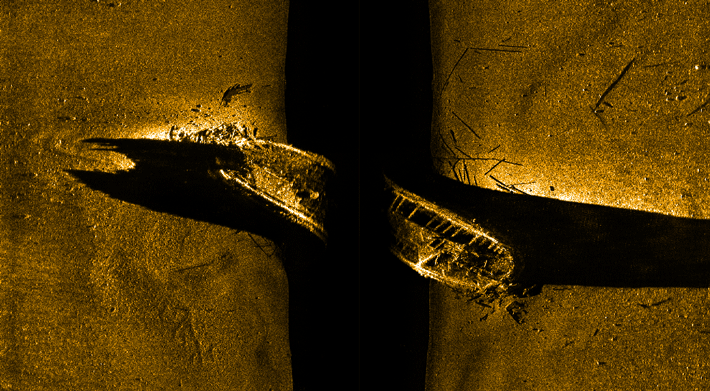Everest Red
Reddest ever
There's tons of stuff - it really depends what you're interested in. Ancient societies often used sport as a means of training their young men (and women in some societies) for war (Sparta, Rome, Greece, Babylonia, Egypt etc.) as did more modern societies (for example between 1st and 2nd world war in The States and Europe). Others were involved in sports for pleasure. Then there's sport being used to inculcate social values and behavioural patterns. Plus the history of individual sports or the history and application of sports science. Then there's the history of individual clubs and societies, or the involvement of groups - so for example I'm currently researching load of stuff about worker's sports organisations.
So it really depends what you want to read about. There are whole libraries, magazines and research institutes linked to the history of sport. What kind of thing were you after?
I'm interested in two things. First, how and since when sports was used to inculcate social values. And he evolution of soccer after the game was codified.
I'm also interested in your research. Do you mind fleshing it out a little more?


